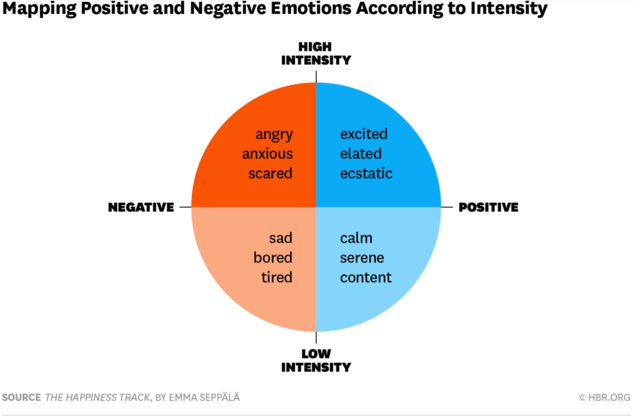Discover effective strategies to manage your emotions and enhance your leadership style. Practical tips for immediate impact.

In recent years, through numerous interactions with Sindhi leaders and executives across various sectors, a distinct trait has emerged among those who successfully grow and scale their businesses: an intense emotional response or a complete detachment from emotions. Both extremes have the potential to cause significant damage and disruption.
In our technologically advanced world, characterized by machines, high-speed internet, and AI, it is crucial to remember that we do not have to emulate their emotionless nature. Technology can often lead to information overload, pushing even the most stable leaders to feel overwhelmed.
Last week, I shared a quote emphasizing this tendency: “Nurture your emotions positively and rein them in with prayer and meditation.” Achieving emotional balance is essential for leaders. Understanding and nurturing both positive and negative emotions with a positive mindset and attitude is key. Maintaining composure during adversity is crucial; just as Shri Krishna guided Arjuna to control his emotions, leaders must also manage their emotions through prayer and meditation.
Here are several actionable strategies for leaders to enhance their emotional intelligence in the workplace:
- Develop a Winner’s Mindset: Focus on your goals and choose your battles wisely. A winning mindset ensures that you are always in a positive and affirmative state, attracting a team with a similar outlook.
- Handle Rejection or Failure Gracefully: When facing setbacks, assess your position on Emma Seppala’s Intensity Map and work towards a positive state. Keeping your emotions calm will help you bounce back and view challenges in a constructive light.
- Build Resilience: In uncontrollable situations, avoid escalating negativity. Shri Ram’s journey teaches us that even he lost his calm only when help was delayed. Use your anger judiciously and consider meditative practices to gain new perspectives on any issue.
- Take Short Breaks for Rejuvenation: Numerous studies confirm that short breaks for relaxation, meditation, and breathing exercises are invaluable. Techniques like the Pomodoro Method also recommend breaks to enhance focus and productivity.
- Practice Detachment: Detachment is a core teaching of the Bhagavad Gita. By distancing yourself from outcomes or individuals, you make objective decisions that benefit everyone involved, thus serving your best interests.
- Dedicate Time to Self-Learning: Allocate time daily to understand yourself and your emotions. This self-awareness will help you anticipate situations and plan effectively.
- Cultivate Gratitude: Expressing gratitude promotes a sense of calm and positivity, enhancing brain function and boosting productivity, performance, and profitability.
Focusing on personal emotional management will not only benefit you but also help you understand and improve the emotional well-being of those around you. By fostering a positive emotional climate, you can inspire and lead others towards greater emotional well-being. Emotional Management is a key session in our Advanced Manager’s Mastery Program.
In today’s fast-paced world, effective leadership hinges on emotional intelligence. By adopting a winner’s mindset, managing setbacks, building resilience, and practicing gratitude, leaders can create a positive and productive environment. Start today by choosing one strategy to focus on. Whether it’s taking short breaks, practicing meditation, or setting aside time for self-reflection, small consistent actions will lead to significant improvements in your leadership and team dynamics.
Commit to enhancing your emotional intelligence now, and witness the transformation in both your professional and personal life.
